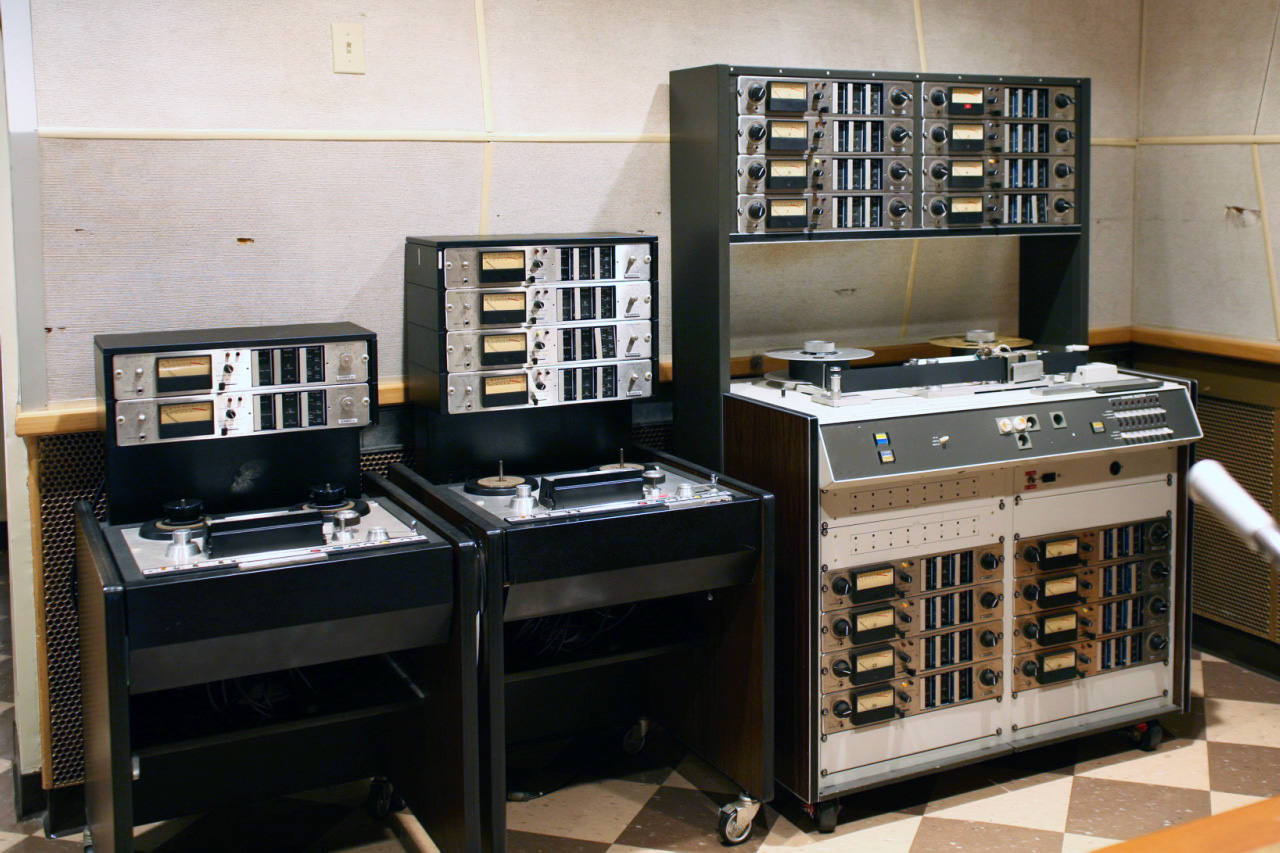reubensm
Well-Known Member
The main issue is that most old re-issues of older titles are 'digitally mastered', and buying those for serious audiophiles is like committing harakiri for them. However, there is no choice when the release is for a new title. I bought a few new titles which is probably nothing more than MP3 quality to be honest. I have serious doubt that the source is simply not analogue. Esp. one 'Sufiana' LP from Sony music that I purchased was no better than MP3. Though I liked the pressings of some English LPs that I bought a few months ago like Dire Straits & Nirvana.
Reuben, I noticed M97Xe in your signature. When did this happen and what encouraged you for taking this plunge?When we get to read your listening experience?
Regards,
Saket
Gifted by a friend, I am perhaps the only FM who would be using this as my No#2 cart behind the M44-7. Guess I can't live without the bright bassy sound of the M44-7.



